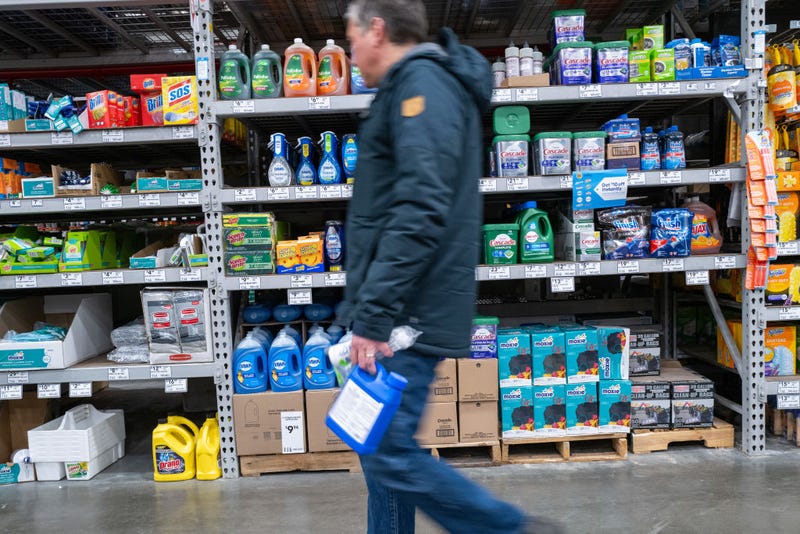
There have been concerns about a potential recession since the COVID-19 pandemic hit, but Americans seem to have been spending their way out of the threat. Even so, some experts think a recession might still be hiding around the corner.
According to USA Today, Americans are choosing to spend instead of save. This is a sharp pivot from the height of the COVID-19 pandemic in April 2020, when the saving rate reached an all-time high of 32%.
Statistics from the Bureau of Economic Analysis showed that consumer spending increased by 0.2% last month, after increasing every month since October.
“The personal saving rate, the share of income that Americans are squirreling away, was 3.8% in January, well below the recent peak of 5.3% last May and the roughly 7% share before the pandemic, according to data from the Commerce Department,” said USA Today.
Inflation has also consistently been increasing since the pandemic.
It rose by 0.3% in January, according to a report released last month by the Bureau of Labor Statistics. Efforts by the Federal Reserve Bank to reduce inflation through interest rate hikes apparently haven’t worked.
“One of the enduring puzzles of the current economic strength is how little impact the Fed’s rate hikes seemed to have caused,” said a recent report from Market Watch. The outlet explained that “the U.S. economy just isn’t that interest-rate sensitive anymore.”
While American spending has kept the economy strong, experts cited by USA Today and Business Insider believe that consumers won’t be able to keep it up much longer. Both noted that consumption makes up about 70% of the U.S. economic activity.
Gus Faucher, chief economist of PNC Financial Services Group “expects consumers to respond to their skimpier wallets by saving more this year,” USA Today said. Per the outlet, 2024 is also expected to be a record year for retirements, which means that more Americans will begin collecting Social Security and pension checks.
“Nobody can say for sure whether consumers truly are at breaking point,” said Business Insider. In another article citing economist and president of Rosenberg Research David Rosenberg, the outlet said that a stock market rally fueled by artificial intelligence won’t be enough to stave off the predicted recession.
Piper Sandler chief global economist Nancy Lazar offered more insight about a potential recession with Fortune. She said Congress will need to pass a proposed tax cut and military aid in order for the U.S. to avoid a recession.
As the nation remains braced for a potential recession that is taking its time to show up, Americans actually seem to becoming more optimistic about the economy.
“Only 35% of Americans say that things in the country today are going well, but that’s an improvement from the 28% who felt positively about the state of affairs last fall,” said CNN earlier this month, citing results from its own poll. “And while just 26% of Americans say they feel the economy is starting to recover from the problems it faced in the past few years, that’s also up from 20% last summer and 17% in December 2022.”
